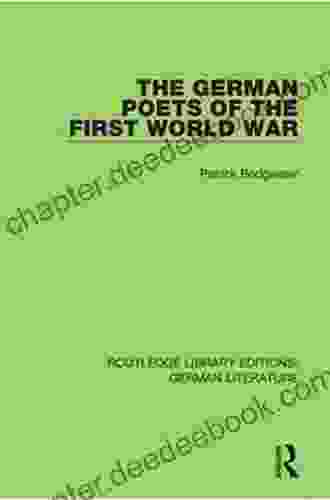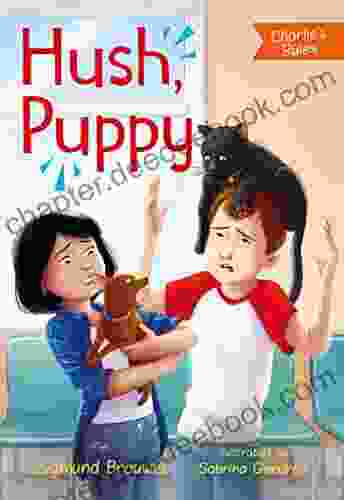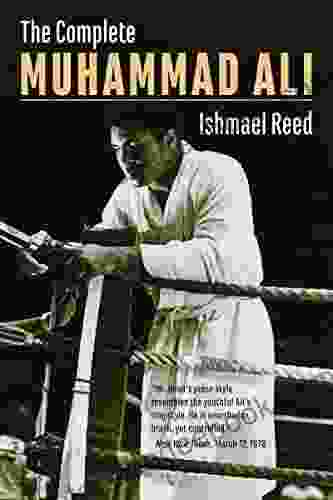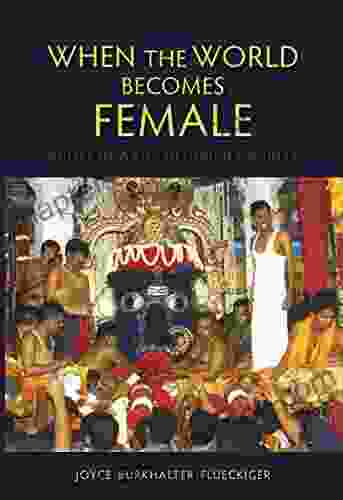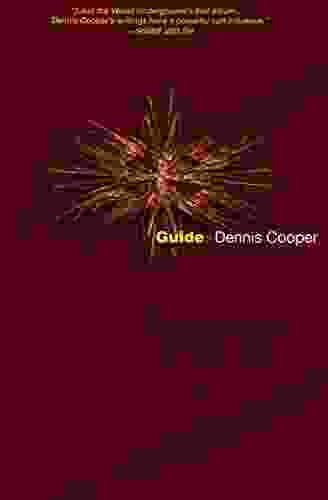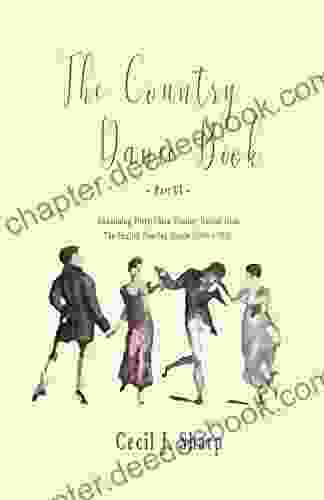The outbreak of World War I in 1914 sent shockwaves through Europe, leaving an indelible mark on humanity. The conflict mobilized nations and literary minds alike, as poets from across the globe sought to articulate the horrors and complexities of the trenches. Among them, the German poets of World War I emerged as a distinctive voice, their words echoing the grim realities of war and challenging the conventional notions of patriotism and glory.
The Brutality of War: Capturing the Devastation
German poets on the front lines witnessed firsthand the devastating effects of modern warfare. Their poetry bore harrowing testimony to the horrors they endured, capturing the relentless shelling, gas attacks, and the destruction of human bodies and landscapes.
In "Trench Fever," August Stramm depicts the gruesome conditions of trench life:
In the rat-gray trench Where the red drops of the dead Flow in steaming streams The lice bore into our bodies And we rot alive.Gottfried Benn's "The Morgue" offers a chilling account of the shattered remains of soldiers:
Bodies with black swollen bellies Drowned men, puffed up through their uniforms As if bloated with the sea Faces blue and swollen Staring up at the ceiling With eyes rolled back As if they wanted to see What was happening up there.Disillusionment and Anti-War Sentiment
The German poets of World War I were not merely chroniclers of the war's horrors; they also became outspoken critics of its underlying ideologies. As the conflict dragged on, their poetry grew increasingly disillusioned, challenging the patriotic fervor that had initially fueled the war effort.
In "War," Erich Maria Remarque captures the futility and senselessness of war:
Death is not an adventure Nor a path to glory But the blind terror of a dark abyss And merciless, agonizing pain.Expressionism and the Inner Landscape
The war's psychological impact on soldiers was profound, and German poets employed Expressionism to convey the inner turmoil and emotional anguish they experienced. Expressionist poetry sought to evoke intense emotions and subjective experiences, distorting language and imagery to reflect the shattered psyches of the soldiers.
Georg Trakl's "Grodek" captures the horrors of the battlefield and the soldiers' descent into madness:
The black sun sinks The wounded moon Blackens in the branches The pale horses of the apocalypse Weep in the wind At twilight The crows gather On the gray trees And the wounded cry out In the black forest Among the white crosses.Legacy and Impact
The poetry of the German poets of World War I served as a powerful indictment of war and its devastating consequences. Their words resonated deeply with those who had experienced the conflict firsthand, offering a cathartic outlet for their pain and trauma.
Moreover, their poetry had a lasting impact on German literature, contributing to the rise of Expressionism and influencing subsequent generations of writers. Their anti-war message continues to reverberate in contemporary literature and serves as a reminder of the horrors that can arise from unchecked nationalism and the pursuit of power.
The German poets of the First World War played a crucial role in documenting the horrors of the conflict, challenging the glorification of war, and giving voice to the psychological traumas experienced by soldiers. Their poetry remains a powerful testament to the destructive nature of war and the indomitable spirit of humanity in the face of adversity. As we reflect on the lessons of the First World War, their words continue to serve as a poignant reminder of the importance of peace and understanding.



